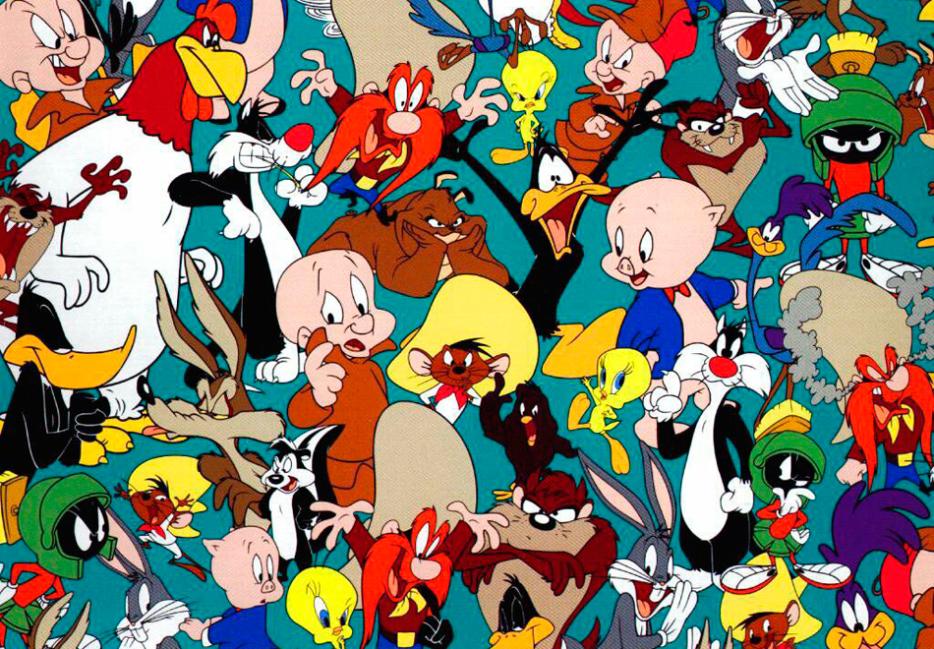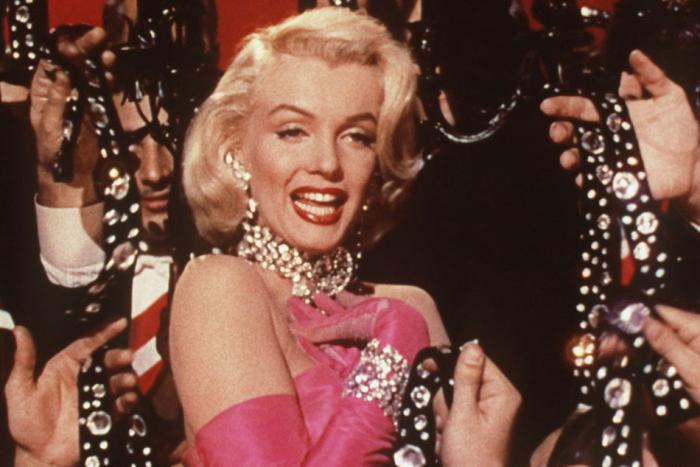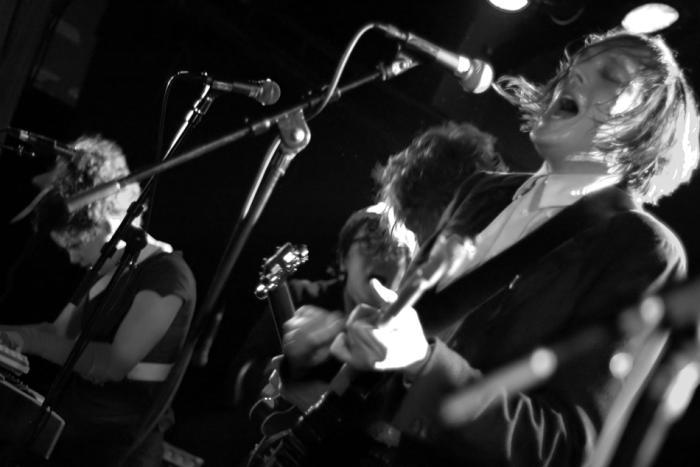There was a time in Toronto’s history before the mayor's most recent medical troubles, before too-honest-for-this-city David Soknacki dropped out of the race, and before the latest polls coalesced around John Tory's substantial lead to replace the incumbent. Before, even, the news this afternoon that Rob Ford is withdrawing from the mayoral race and his brother Doug will take over the campaign. That time was Monday. It's been a busy week, is what I'm saying.
It appears, however, that Rob will, as he recovers from a tumour in his stomach, run instead for his old seat in Ward 2—which has, since 2000, been held as a kind of Ford family fief.
Rob Ford's medical concerns are obviously top of mind, as they should be. As with his addiction treatment, I wish him the best of luck. But no sooner had the announcement of Ford's condition stopped echoing off the walls of the Etobicoke hospital to which he was first admitted than did speculators start speculating about what this might mean for the city's election next month.
That doesn't make people monsters. Elections matter (if 2010 taught us anything at all, it should have at least taught usthat), and who wins them matters a great deal. Rob Ford is no longer a contender, dramatically changing the entire character of the debate this city has been having for either nine months or four years, depending on when you start counting. A city in which roughly three-quarters of the electorate has been waiting until October 27 to see the end of Mayor Rob Ford must now recalibrate to the news that, in effect, they'll never get to defeat him—as mayor, at least.
Defeating Doug Ford will have to do, and I suspect for most it will be more than good enough. Doug Ford, it needs to be said, has at least as hard a road ahead of him to actually winning this election as his brother did: every public poll has shown Rob well behind, and the few that polled Doug's name as an alternate (while Rob was in rehab) showed Doug underperforming his little brother.
As for the other candidates, the polls suggest, to date, that Tory is doing well by basically pitching what many voters seem to see as the political equivalent of neutral: a not-obviously-crazy white male. Those same polls do offer us an interesting conundrum, though: even with misleading questions, the Scarborough LRT is broadly popular across the city—almost twice as popular, in fact, as the single remaining candidate actually backing it.
So what gives? Well, the most likely explanation is that voters care about the cheaper transit alternative that will serve more people and didn't need a bonfire of mendacity and money to justify its existence—just not enough to vote for Olivia Chow. Chow's decision to back the LRT program over the Scarborough subway line was brave, important, and objectively correct (as much as I'll criticize her for other parts of her campaign), but the voters of Toronto don't seem to love Olivia as much as the median NDP member does.
Sometime after Election Day, if the polls hold, Doug retains Rob’s numbers, and Chow still manages to come in third, the NDP in this city is going to need to take a long, hard look in the mirror and ask how the hell that happened. In particular, we'll all need to have a chat about whether it was wise for activists and donors to horsewhip away any other potential progressive contenders, lest they mar Olivia's inevitable, beautiful victory.
Which isn't to say that she's absolutely doomed: John Tory has lost elections in less time than remains between now and Election Day. But this has already been a long campaign, and it's becoming increasingly difficult to believe voters’ minds are going to be changed if they haven't been already.
But hey, Election Day is still more than a month away. At this point, nothing short of an alien invasion or a substantial debate about the city's crumbling affordable housing stock would surprise me.






